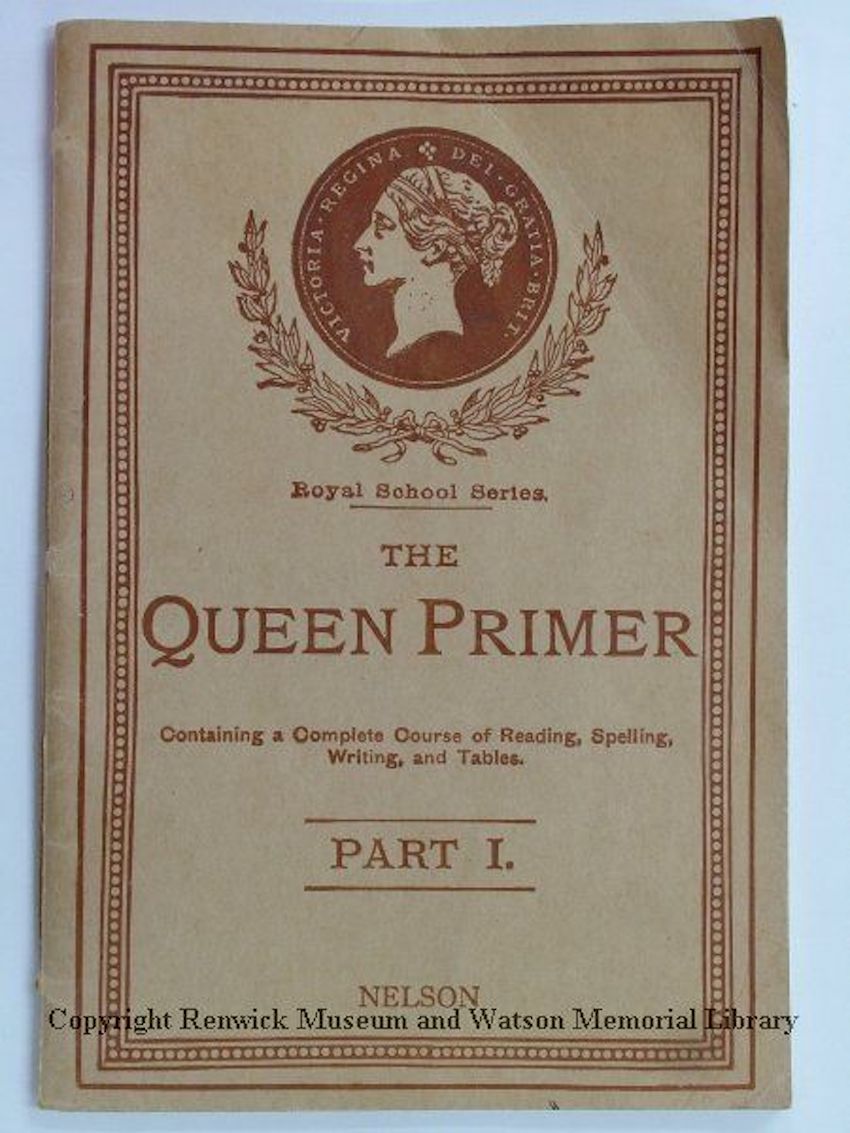
Nigerian lawmakers in the House of Representatives want the federal government and other sub-national governments to ban the use of the popular children’s textbook ‘Queen Premier’ in schools for containing pro-LGBTQ+ texts.
The lawmakers made the call on Thursday during plenary, following the adoption of a motion moved by Sulaiman Gumi, who wants the Nigerian Educational Research and Development Council (NERDC), a regulatory agency to exercise its “statutory responsibility to vet educational materials” before being used in Nigerian schools.
Gumi said that the book contains words like “gay”, and “eros” and that there is a covert attempt to slip books with “immoral culture” into primary and secondary schools in Nigeria.
“Queen Primier’ subtly introduces terms like ‘gay’, ‘eros’, etc, that communize sexual perversion and immoral behaviours, thus exposing innocent children to terms inappropriate for their age, which is unlawful, unethical, highly immoral and antithetical to child upbringing,” Gumi said.
Currently, Nigerian law prohibits the LGBTQ (lesbian, gay, bisexual, transgender, transsexual, queer, questioning, intersex, asexual, ally, pansexual) community.
The Same-Sex Marriage Prohibition Act was signed into law on January 7, 2014, by former president Goodluck Jonathan. Violation of the law would land erring persons about 14 years in jail.
Despite the existence of the Same-Sex Prohibition Act, there have been reported activities of the LGBTQ community in some parts of the country.
Some LGBTQ activists argued that laws restricting and stigmatising them were violations of their human rights to freedom of association. The Nigerian police in 2019 told them “Nigeria is not a place for you” while reminding them of the consequences of violating the law.
The lawmaker said there is a need to “protect moral values in children and society at large by resisting the use of educational materials that teach or promote any form of alien behaviour which violates the laws and moral values in all educational institutions.”
Another lawmaker Bello El-Rufai said there is a subtle attempt to “catch young people young” through the books. He disclosed that he had to withdraw his daughter from a primary school in Abuja for using the book.
“There is an Act and the terms are clear. I will get personal and tell you that I moved my daughter from a school, whose name I will not mention for obvious reasons, and i found out that for nursery school, they thought it was okay for that book to be shared,” El-Rufai stated.
The Deputy Speaker, Ben Kalu, who presided over the plenary session, in his contribution, said the parliament has a responsibility to protect Nigerians and future generations.
Isaka Ibrahim blamed the “moral decadence” facing the country on the forceful collection of schools from foreign missionaries.
The House of Representatives in its resolution urged the federal, state and local governments to place a total ban on the local production, importation and use of any educational material that contains texts that teach or promote LGBTQ+ terms in schools.
The opposition to the book by the lawmakers is the most recent demonstration against LGBTQ+ related issues by Nigerian authorities. Although the LGBTQ+ community in Nigeria have explored legal means to be recognised and have their ‘rights’ protected.
In November 2018, an Abuja federal high court dismissed a suit filed by Nigerian lesbian Pamela Adie seeking to register a lesbian organisation in the country.
Pamela Adie sued the Corporate Affairs Commission (CAC) after her application to register an organisation with the name “Lesbian Equality and Empowerment Initiatives” was rejected because it violates an existing law that prohibits same-sex marriage in Nigeria.
A Nigerian gay activist Bisi Alimi, said it could take another five years to have a law in Nigeria that recognizes LGBT rights, and another 10 or 15 years to have a law that recognizes same-sex marriage and LGBTQ+ rights.
“Then maybe another 20 years after that to have a same-sex marriage law. It’s not going to happen in the next 50 or 60 years, but we have to start now,” Alimi told The Guardian UK in 2016.
[ad unit=2]






